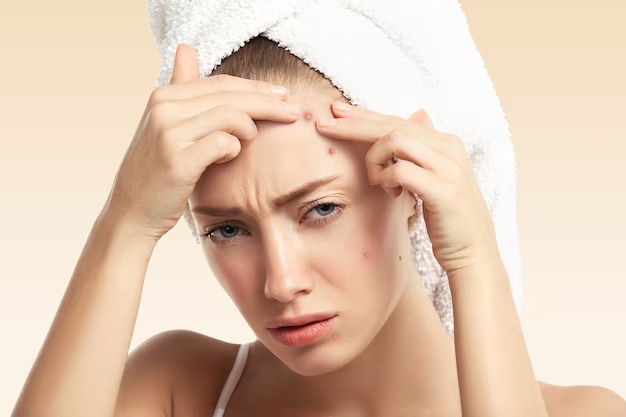Does Dirt On Face Cause Acne?


Photo by ‘Simon English’ on Unsplash.com
Acne is a common skin condition that affects millions of people worldwide. It is characterized by the presence of pimples, blackheads, and whiteheads on the face, chest, and back. Many people believe that dirt on the face is a major cause of acne.
However, the relationship between dirt and acne is more complex than it seems. This article will explore the various factors that contribute to acne formation and provide tips for maintaining clear skin.



